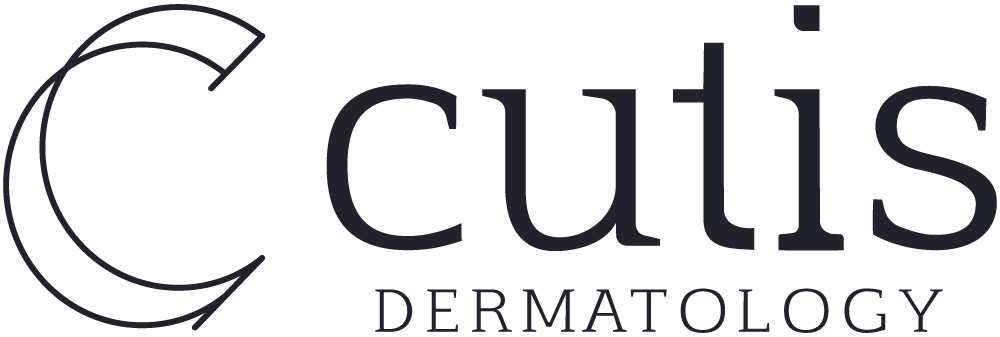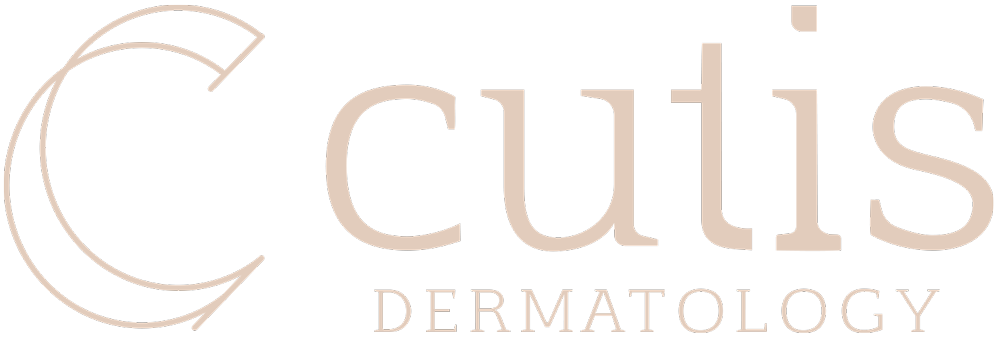Cutis Dermatology Brisbane has female dermatologists who specialize in skin disorders seen in women. Our discrete consulting rooms are designed to put your mind at ease in a professional but relaxing environment. Our experts can address both medical and cosmetic concerns in genital area.
Scroll down to learn more about our specialist female dermatology treatments:
- Dr Heba Jibreal
- Dr Eshini Perera
- Erbium Juliette Laser
- Platelet Growth Factors
Our results speak for themselves
Our Female Dermatology Treatments
Erbium Juliette Laser
Platelet Growth Factors
Vaginal rejuvenation
Vulvar atrophy is common in the mature age group
Our premier vulva rejuvenation laser is the Juliette. Lasers improve conditions including atrophy, vaginal dryness, laxity, incontinence & sexual dysfunction. Lasers can also improve the appearance of the genital skin. Treatments are pain free and highly effective.
You may be experiencing the effects of low estrogen. Atrophy presents as itching, burning & dryness. It affects intimate relationships as sexual intercouse is often painful. With laser surgery we can restore the normal function in these areas, in turn improving the quality of life.
Genital skin conditions are common, but no one talks about it.
Genital skin is fragile
A range of conditions can affect skin in the genital area. Our female dermatologists manage patients experiencing genital skin concerns. We understand the impact these can have on personal wellbeing and relationships, as well as being uncomfortable to live with.
Common skin conditions such as eczema, dermatitis, fungal & yeast infections manifest themselves in many ways, such as inflammation, soreness, redness and ulceration. A simple visit to a dermatologist can identify the cause, and in many cases cure the rash.
Cutis Dermatology Brisbane has female dermatologists who specialize in skin disorders seen in women.
FAQs
How can a dermatologist help?
Dermatologists are the premier skin experts. As part of our four years in training we must diagnose & treat genital disorders in both males & females. Cutis Dermatology Brisbane has two female dermatologists, Dr Esh & Dr Heba who have a special interest in female skin conditions.
What are common skin conditions seen in the female population?
Common conditions in females include-
- Inflammatory disorders: Lichen planus, lichen sclerosus, atopic dermatitis, Bechet’s, psoriasis & hidradenitis
- Infections include warts, herpes simplex, molluscum, scabies, fungal infections
- Idiopathic conditions: vulvodynia & cysts, contact dermatitis
What is a simple but effective wash routine for the genital area?
Genital skin is more fragile than body & facial skin, hence the need to use specific washes & moisturizers. In most cases, your dermatologist will prescribe topical treatments for genital skin conditions. These include:
Soap substitutes – this is because soap can dry out the skin and cause it to feel irritated. Look for brands such as Cetaphil, QV, & Avene. Go with the ‘sensitive skin’ line of products.
Paraffin-based moisturizers – these help to soothe the skin and prevent further irritation.
Clean in tepid water, pat dry, don’t rub. Wearing cotton underwear is better than nylon or synthetic fabrics. For more hints & tips, book an appointment with with our dermatologists.
How to use topical medication?
Your treating dermatologist will often prescribe a combination of anti-inflammatory ointments including corticosteroids & immune modifying agents called calcineurin inhibitors. The strength will depend on your condition. They may also prescribe antifungal medications or topical antibiotics alongside these creams to control inflammation or infection.
What are natural treatments for genital disorders?
If you are after natural solutions, you are reading the wrong page. Though we acknowledge that some treatments may be naturally based, we do not prescribe herbs & spice for your skin condition. Exceptions to the rule include- oatmeal baths, & in rare cases plant-based oils. The latter can lead to allergic contact dermatitis.
What are common skin problems in pregnancy?
Most women will experience skin changes in pregnancy. Fortunately, most will settle post-partum. Our dermatologists are experts in managing:
Acne in pregnancy; we provide super safe treatments including blue & red-light LED as well as natural acids such as azelaic, lactic, citric & glycolic acids.
Melasma is also called the mask of pregnancy. Safe treatments include ascorbic, citric, alpha hydroxy & azelaic acids.
Spider angiomas, pyogenic granulomas & red spots known as Campbell de Morgan spots are commonly seen in the second & third trimester of pregnancy. They respond to laser therapy.
Rashes of pregnancy include polymorphic eruption of pregnancy & pemphigoid gestationis. A common itch is called cholestasis of pregnancy.
How do dermatologists diagnose vulvar disorders?
In most cases we can make a diagnosis clinically, however in tricky cases we require special test including:
- Biopsy (tiny sample of skin is sent for microscopic examination)
- Patch testing (to confirm or exclude allergies)
- Swabs (useful for diagnosis of fungal, bacterial or viral infections)
What is vulvovaginal atrophy?
The symptoms of atrophy in the vulva can be severe, especially if it is not treated. Signs include thinning skin & less elasticity which result from lack of estrogen (a reproductive hormone).
If vulvovaginal atrophy continues without treatment, symptoms such as dryness & pain during sexual activity may occur. Treating vulval atrophy will resort lubrication caused by advanced age.
A new laser therapy has been found effective for treating VVA. Treatments are painless with great results seen in over 85% of cases.
What is hidradenitis suppurativa?
Hidradenitis suppurativa is a common condition that affects the genital area including the inner thighs, under arms, breasts & occasionally the back of the ears. This condition causes marked pain & swelling, leading to abscess formation & chronic scars.
Treatment: In the early stages, it may be controlled with medication such as antibiotics, and antiseptics. Acne medication can be effective, severe cases are managed with biologics & surgery. Cessation of smoking & weight loss can be helpful.
What is lichen sclerosus?
Lichen sclerosus is a common vulva condition that affects women of all ages. It causes itch & irritation, presenting as white patches on the genitals. Other areas of skin can be affected.
Treatment: Steroid ointments, soap substitutes & anti-inflammatories can relieve the symptoms. Making the right diagnosis and starting the treatment is extremely important as, if not treated properly, this condition can cause permanent changes to the genital appearance.
How do STDs present?
Herpes, molluscum, & warts are forms of sexually transmitted diseases. Herpes is caused by the HSV virus, while warts are caused by HPV. Diagnosis is made clinically or with a swab. Treatments include creams, liquid nitrogen, as well as CO2 or erbium lasers.
What is Behcet’s?
Behçet’s disease commonly affects the genital area. Signs include mouth ulcers & genital sores. Pain is common. In severe cases the eyes are affected. In most cases immunosuppressive medications may be required.
What is thrush?
Candidiasis is a fungal yeast that typically lives in areas such as the mouth, & vagina. If there is an imbalance, candida can multiply. Skin can become ulcerated & itchy. Candidiasis can respond to simple anti-fungal creams or tablets.


